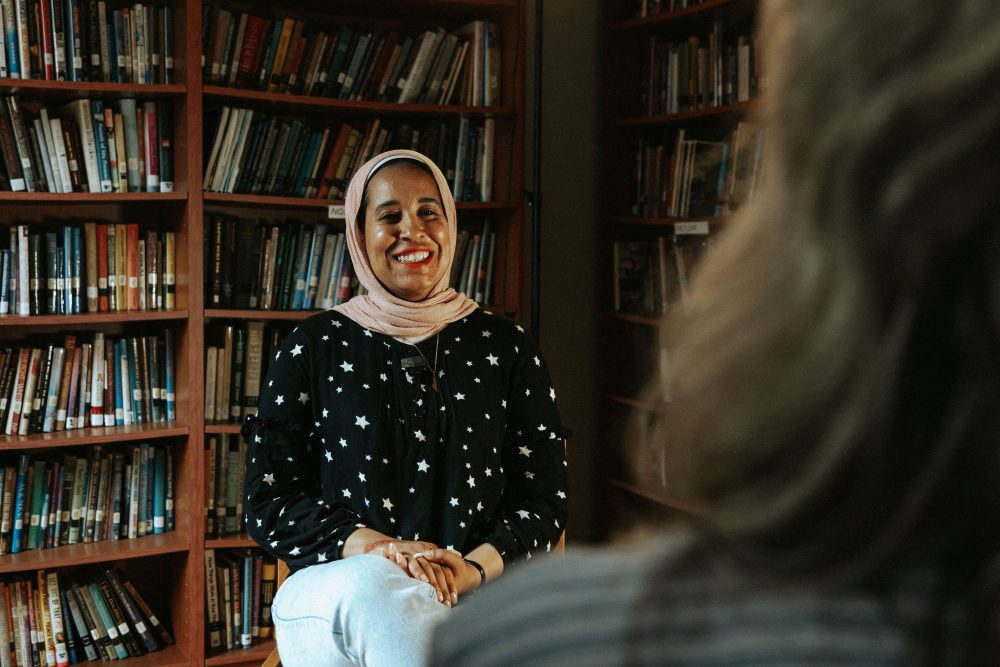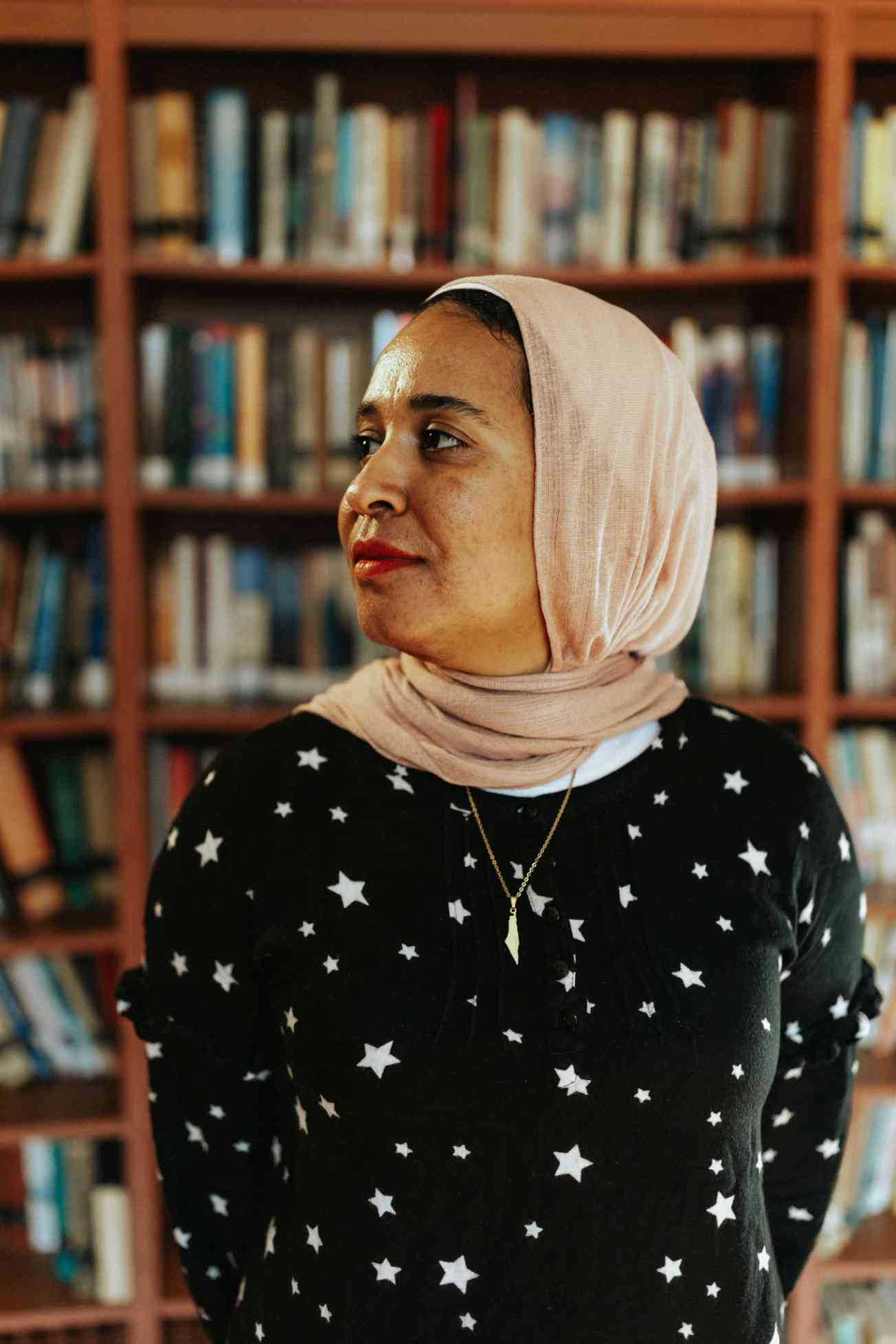Learning Empathy through a New Language
How a second language can teach you cultural literacy and how other people think

My name is Nesma Soliman. I’m from Egypt. I’m an international student at Western Kentucky University, where I’m working on my master’s degree in English language and literature.
My undergrad in Egypt was in English language and literature. I first came to WKU as a Fulbright scholar to teach Arabic as a second language. When I spoke with my supervisor about my intention of pursuing an MA, he told me, “We have a good MA in English at WKU, and you can teach Arabic as a second language for us.” So I applied while I was here and got accepted and I decided to come back because I liked the environment. And I attended a couple of classes in the English department about how to teach English as a second language, how to teach and how most of the classes are based on discussions and presentations. All of us are participants in the learning environment, the learning process.
I was an ESL teacher for four years before I applied for the Fulbright and came back in August 2022 to teach Arabic as a second language.
Learning a second language develops something all humans need: empathy. You learn how to have empathy towards each other. And learning a second language lets you not only see how the world works, but also helps you think how those speakers of that language think.
The system or the synthesis structure of a sentence tells you how those people think. And sometimes when I’m teaching Arabic in the classes, I am thinking Arabic, but when I’m done and I need to go to my classes as a graduate student, I think in English, so I feel like it’s a huge mental process to shift between the languages. And it makes you think of how the native speakers speak, and makes you empathize with people around you.
When you’re learning a second language, you’re not only learning the language, you’re also learning the culture of those people. Take American culture. Americans celebrate Thanksgiving, Americans celebrate the full break in Christmas. Learning a second language helps you also learn the nuances of that culture.
The brave people who come to another country don’t know the language. They don't know anything about the people, the culture, or how to live in this country. So in learning the language, they develop a sense of empathy towards others, and also learn how to live.
Be patient with somebody learning a new language, because you don’t know the behind the scenes. What did it take for them to come to the US? Patience and understanding also gives you a chance for you to know what’s happening in the world. The people who come here to the United States are a chance for you to develop the global citizen in you, telling you what’s happening in the other parts of the globe, what people are suffering from, why this war erupted, etc. It provides an environment for you to learn about their life and their culture and how they behave in certain situations. I feel it makes your mind grow. This is my second year in the US and I feel like now I’m a completely different person. I have empathy. I have seen that what is in front of me is not the whole story. There is still a story behind that makes this person behave this way.

Investment in newcomers is so important because people come with talent, they come with value.
They come with a language, they come with potential. I see them all as potential that we can use. In the United States, for example, we have a shortage of teachers. Some people come with years and years in teaching. It just takes them a few years, and then they learn that second language and then they go teach. So you’re using them to bridge a gap you have in the community.
It was suggested for me to teach pre-literate women. It’s challenging because some of them didn’t get the chance to go to school because of the refugee camp and stuff. Learning a first language helps your mind to learn a second language. If you know how to read and write in English it will take you maybe six months to be at an intermediate level in Spanish because you know how to read and write. But with pre-literate students, you start with learning how to hold a pencil. They don’t know what language is. They didn’t know how to read and write. Maybe they speak it but they also have to read and write. They don’t know the code, or anything about decoding and recoding. They don’t know how to write from the top of the page, or from left to right, or right to left.
It is a challenge, but it is a challenge I will take because I like empowering women.
After my master’s, I want to go for a PhD, maybe in international education. I feel that education in some countries is not getting better. It’s not right that some people don’t have access to education, just because of where they were born, or because they never had a chance to go to school. I’m not saying I’m going to be the first person to fix this and of course I need some people who have the passion to develop this. But it is my heart’s desire just to have an equal chance of education for everyone.
Our team members obtain informed consent from each individual before an interview takes place. Individuals dictate where their stories may be shared and what personal information they wish to keep private. In situations where the individual is at risk and/or wishes to remain anonymous, alias names are used and other identifying information is removed from interviews immediately after they are received by TSOS. We have also committed not to use refugee images or stories for fundraising purposes without explicit permission. Our top priority is to protect and honor the wishes of our interview subjects.